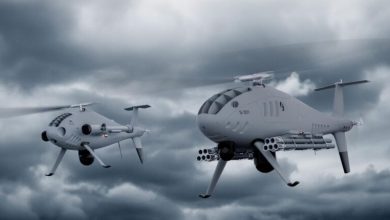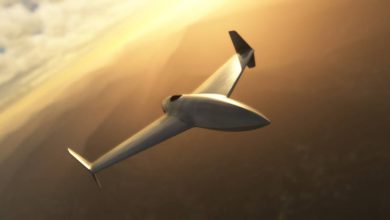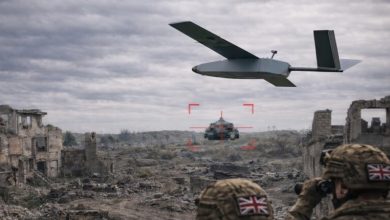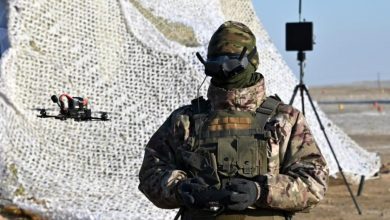US Navy says seizes 2,000 AK-47s en route From Iran to Yemen
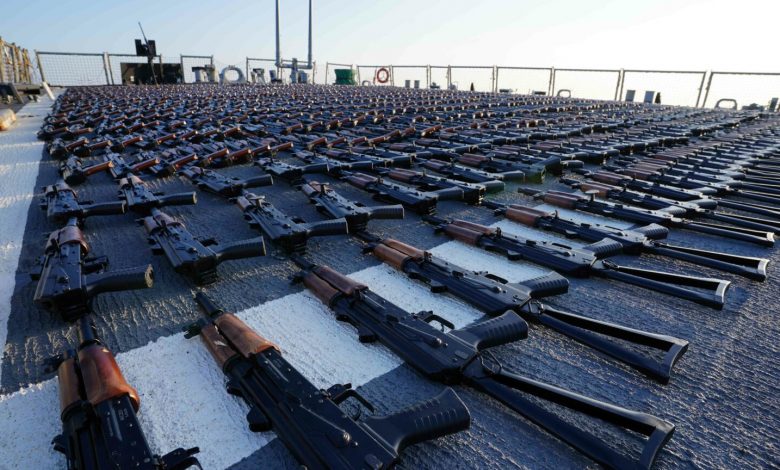
The US Navy said Tuesday it had seized more than 2,000 assault rifles smuggled on a fishing boat along a maritime route from Iran to Yemen.
The cargo was discovered on Friday off the coast of Oman “on a route historically used to traffic illicit cargo to the Huthis in Yemen,” the Bahrain-based US Fifth Fleet said in a statement, noting the vessel “was crewed by six Yemeni nationals.”
“This shipment is part of a continued pattern of destabilising activity from Iran,” Vice Admiral Brad Cooper was quoted as saying.
The Iran-backed Houthi rebels took control of the Yemeni capital Sanaa in 2014, prompting a Saudi-led coalition to intervene the following year.
Since then, a grinding war has killed hundreds of thousands and pushed the impoverished nation to the brink of famine.
A UN-brokered ceasefire that took effect in April brought a sharp reduction in hostilities. The truce expired in October, though fighting largely remains on hold.
The fishing vessel intercepted last week had been carrying 2,116 AK-47 assault rifles.
“The transfer of the vessel and its crew for repatriation is in progress,” the Fifth Fleet said, adding that “the direct or indirect supply, sale or transfer of weapons to the Huthis violates” international law.
The UN Security Council imposed an arms embargo on the Houthis in February 2022.
Last month, the US Navy said it had seized one million rounds of ammunition along with rocket fuses and propellants smuggled on a fishing trawler from Iran to Yemen.
In November, the US Navy said it had scuttled a boat transporting “explosive materials” from Iran to supply the Huthis, with enough power to fuel a dozen ballistic rockets.


